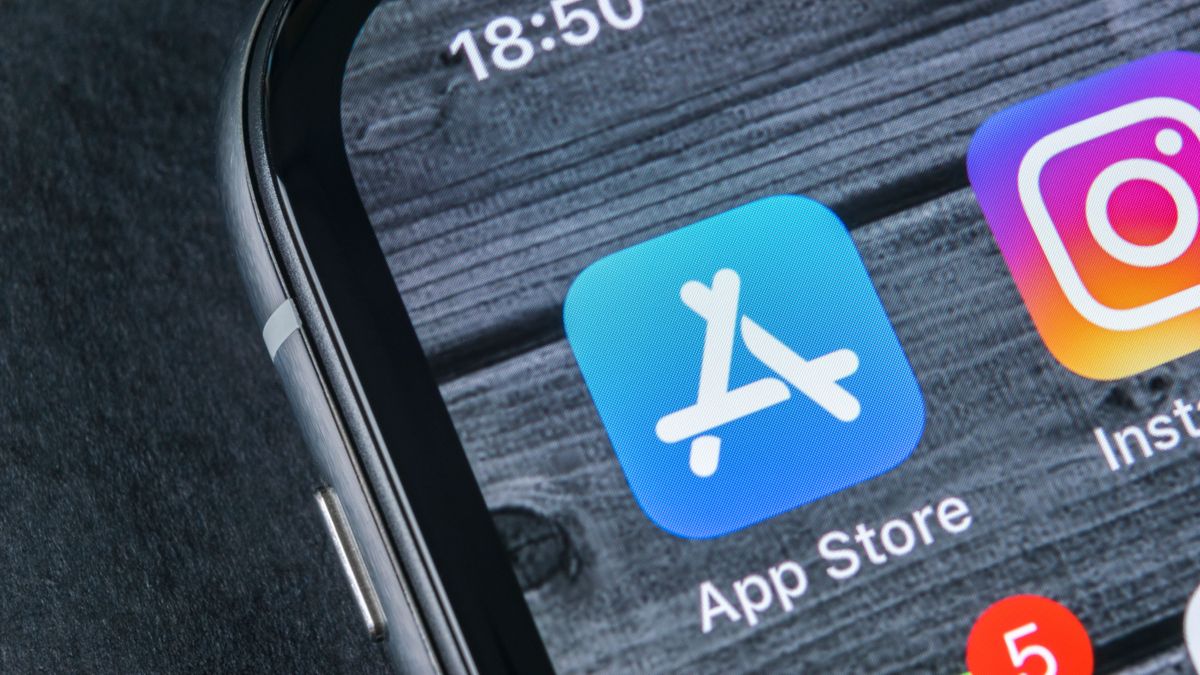
Apple claims it rejected nearly 1.7 million submissions to its App Store in 2022, citing a failure to meet the company’s “high standards for privacy, security, and content.”
App submissions weren’t the only target for suspicious activity, though, with 428,000 developer accounts and an astonishing 282 million customer accounts also being pulled out for fraud and abuse.
Currently, the platform hosts 36 million registered Apple developers and attracts 650 million weekly visitors from across the globe, but the company is facing increasing pressure to open up and allow app installations from outside of its proprietary App Store.
App Store fraud
The 428,000 developer accounts terminated in 2022 is down significantly from the 802,000 in the year prior, but this is thanks mostly to the company’s more stringent automated screening measures rather than a decline in malicious users.
Apple explained part of its automated checking process in an announcement (opens in new tab):
“After a developer uploads their app to App Store Connect, additional checks are run to verify it does not reference private APIs and is free of known malware.”
Apps are then reviewed, which nine in 10 typically reviewed by App Store workers in the first 24 hours after going live.
Spam, copycats, and misleading apps were among the most popular, but the company also focused on apps with hidden or undocumented features and those trying to get hold of sensitive customer information.
Additionally, 147 million fraudulent ratings and reviews – more often than not generated by bots – were detected and subsequently blocked, as well as $2 billion in fraudulent transactions. The announcement refers to the almost one million apps using Apple Pay and other similar technologies designed to make payment processing more secure, by not sharing payment details with the app developer.
While the immense resources that go into making the App Store a secure environment are hugely beneficial to iPhone users, it can be especially difficult for new and less experienced developers to get their apps listed on the platform, while others have argued that its anti-competitive nature needs addressing.
Be the first to comment